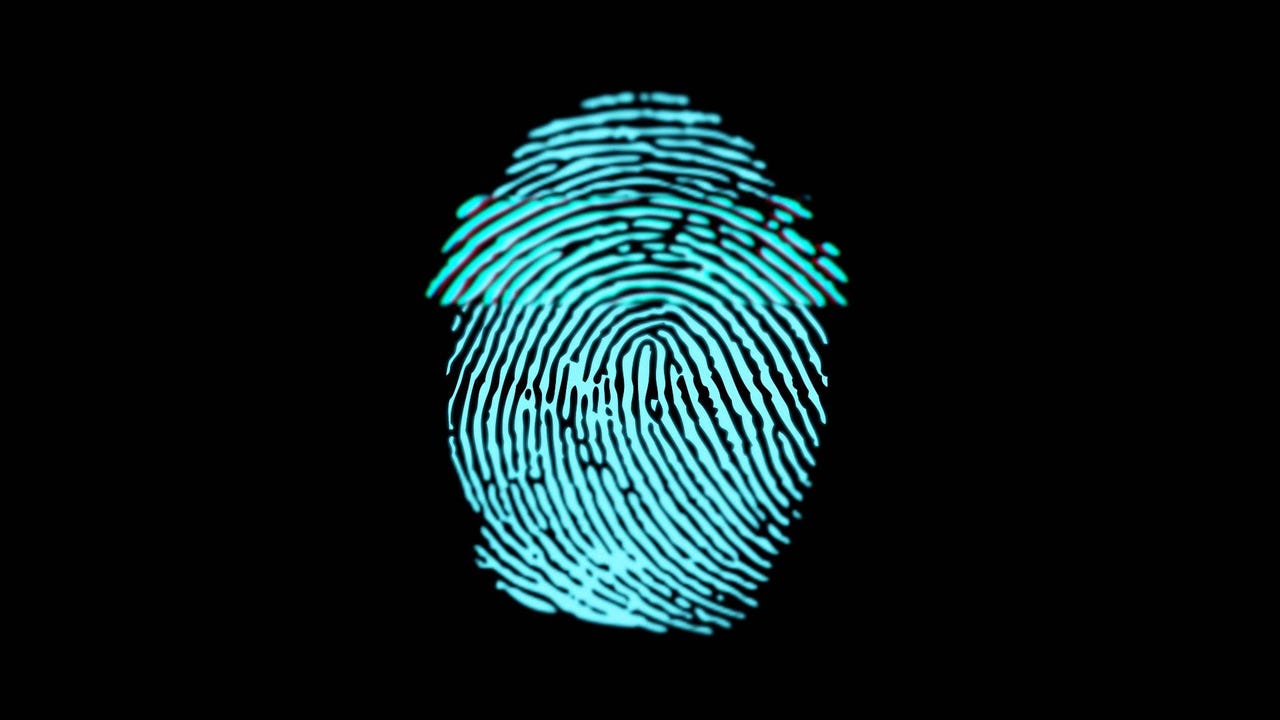FBI wants to keep secret who's stored in its massive biometric database


(Image: file photo)
The FBI is proposing keeping information that it stores as part of a massive biometric database private -- even to those whose information is stored in the records.
Known as the Next Generation Identification System (NGIS), the database draws in biometric data from passport registration, security checks, and judicial processing -- such as if someone is arrested. The database also includes biometric records on foreigners, such as those who apply for visas, and foreign law enforcement staff.
But it's not just fingerprints -- it's iris scans, facial scans, palm prints, and any other bodily information that can be collected as part of a routine interaction with the government agency.
The FBI argues that the data is so sensitive that it should be exempt from the Privacy Act, which would prevent anyone from asking if their data is included.
In a public filing, the agency justified the proposal, arguing that it "could compromise ongoing, authorized law enforcement and national security efforts and may permit the record subject with the opportunity to evade or impede the investigation."
The FBI added that the agency could use the data to catch future criminals.
"With time, seemingly irrelevant or untimely information may acquire new significance when new details are brought to light. Additionally, the information may aid in establishing patterns of activity and providing criminal leads," the proposal read.
It's not known how many people are in the database. The Electronic Frontier Foundation said in 2014 that the FBI planned to have more than 52 million photos in its database by the end of last year.
The proposed change will stay open for public consultation until June 6.